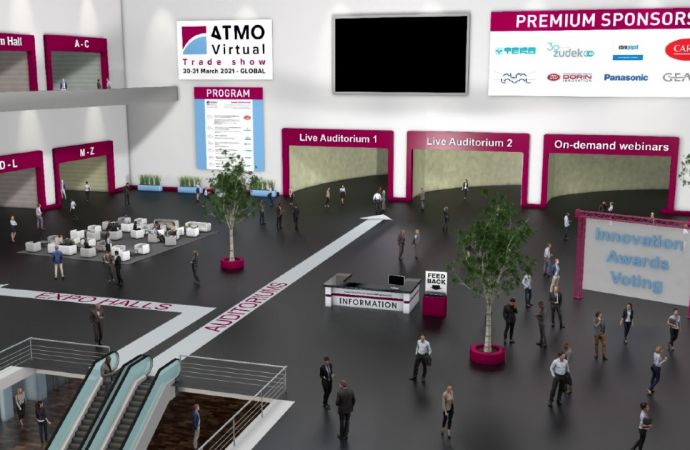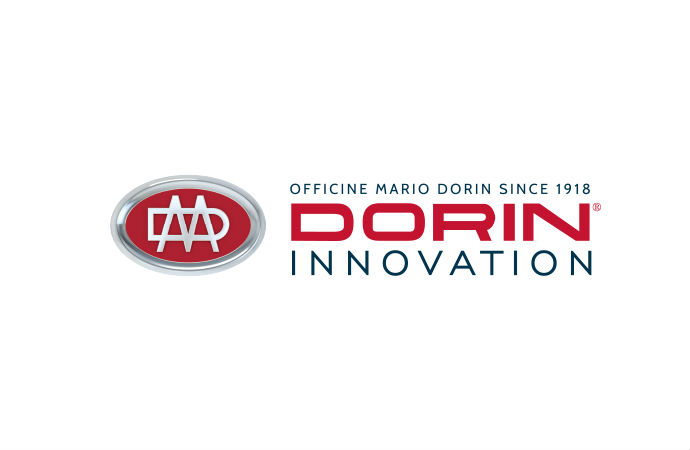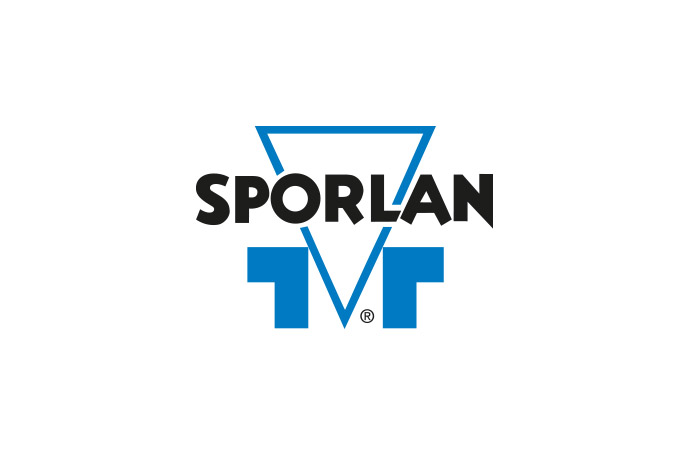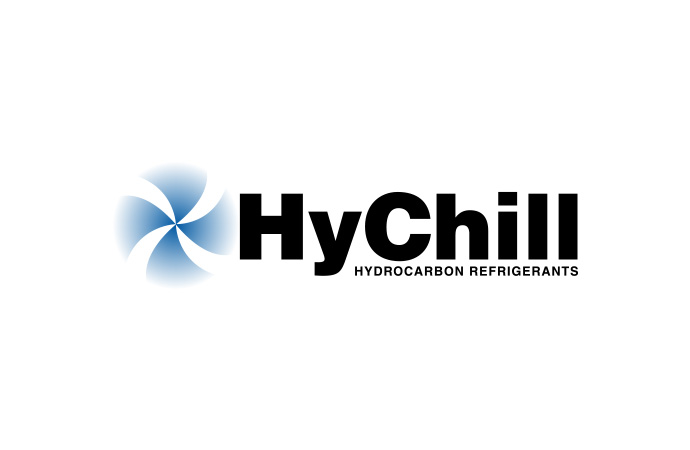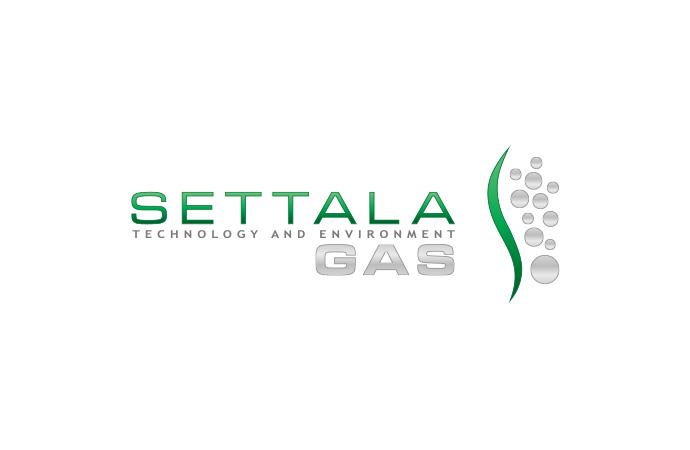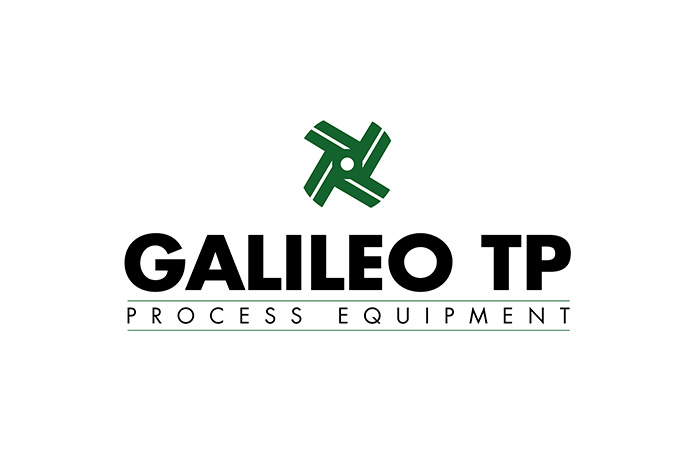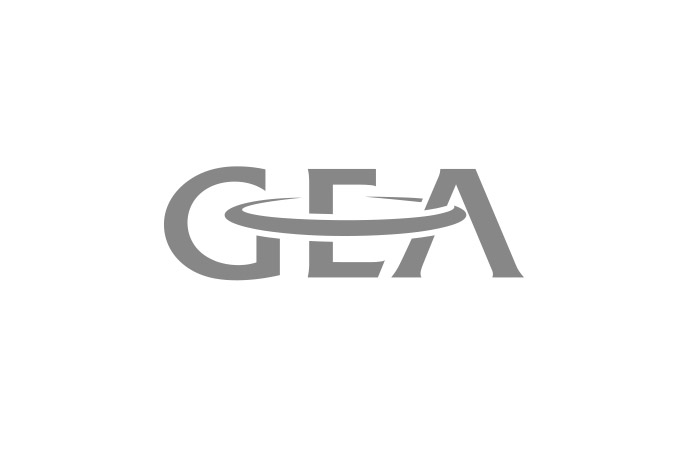The “14th European Conference on The Latest Technologies in Renewable Energy, Heating and Cooling Applications” brought together delegates to discuss policies needed to promote sustainable HVAC solutions worldwide. Major barriers encountered include the shortage of skilled technicians, the lack of investment in training, the insufficient number of local grass-root summits for knowledge exchange, and not enough commitment from the industry.

At the conference, held 21 January 2011 in Edinburgh, Scotland, and organised by the European Energy Centre EEC, TERRE Policy Centre and the United Nations Environment Programme UNEP, heating and cooling systems were used to exemplify a number of areas where more investment in new technologies and human resources is needed. With a prediction of 20 million heat pump systems to be installed across Europe by 2020, training was a hot topic.
Training for technicians: Panelist views
"Heat pumps have received a lot of bad press recently due to a poorly trained workforce who don't have the skills to work with the latest specialist equipment. Training providers such as the European Energy Centre is what we need" -
Graeme Fox, President of the Air Conditioning and Refrigeration European Association (AREA)
"Advancing technology is offering huge potentials in renewable energy – but we have to face the fact that there is a shortage of technicians. We have a bank of experienced trainers who want to share their knowledge, however more investment in training is required from the government". - Paolo Buoni, Director of the European Energy Centre (EEC)
All panelists agreed that training is critical and that funding is key, acknowledging the increasing demand for specialists to work with new HVAC technologies. Panelists’ concerns were a reflection of the fear that the renewables industry might struggle to gather enough speed if the shortage in trained installers and technicians is not addressed soon.
Additional areas in focus included:
The time is now
Rajendra Shende, Head of United Nations Ozonaction Programme issued a warning to delegates that there is not enough time to wait for new policy as a driver for taking action against climate change. He suggested the creation of local initiatives in the formulation of grass roots-type summits. This, he believes, can be achieved by strengthening collaborative, cross-sector partnerships between business and academia.
He also acknowledged the need for governmental assistance as a part of industry-stimulus measures, saying, "Whilst I think that change needs to come from business and academic partnerships, the whole industry still needs a lot of help in the form of tax rebates, tax holidays and other incentives to make it a reality."
The second part of the conference will take place this year in Milan, Italy, on the 10th and 11th of June.
Training for technicians: Panelist views
"Heat pumps have received a lot of bad press recently due to a poorly trained workforce who don't have the skills to work with the latest specialist equipment. Training providers such as the European Energy Centre is what we need" -
Graeme Fox, President of the Air Conditioning and Refrigeration European Association (AREA)
"Advancing technology is offering huge potentials in renewable energy – but we have to face the fact that there is a shortage of technicians. We have a bank of experienced trainers who want to share their knowledge, however more investment in training is required from the government". - Paolo Buoni, Director of the European Energy Centre (EEC)
All panelists agreed that training is critical and that funding is key, acknowledging the increasing demand for specialists to work with new HVAC technologies. Panelists’ concerns were a reflection of the fear that the renewables industry might struggle to gather enough speed if the shortage in trained installers and technicians is not addressed soon.
Additional areas in focus included:
- Increased consumer awareness regarding system maintenance through campaigns to change consumer attitude toward maintenance and the introduction of systems that are more user-friendly.
- Greater use of “heat recovery” technologies - ‘working fluids’ which can be used to generate green electricity from low-grade waste heat sources could create a multibillion pound industry.
The time is now
Rajendra Shende, Head of United Nations Ozonaction Programme issued a warning to delegates that there is not enough time to wait for new policy as a driver for taking action against climate change. He suggested the creation of local initiatives in the formulation of grass roots-type summits. This, he believes, can be achieved by strengthening collaborative, cross-sector partnerships between business and academia.
He also acknowledged the need for governmental assistance as a part of industry-stimulus measures, saying, "Whilst I think that change needs to come from business and academic partnerships, the whole industry still needs a lot of help in the form of tax rebates, tax holidays and other incentives to make it a reality."
The second part of the conference will take place this year in Milan, Italy, on the 10th and 11th of June.
MORE INFORMATION
Related stories


